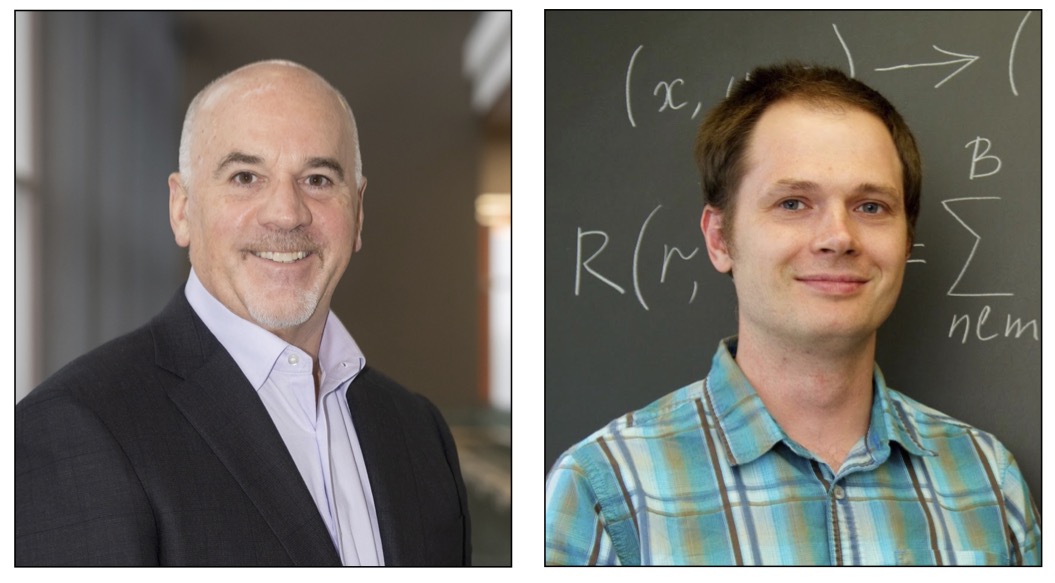As the founder of Heartflow, Taylor developed the first AI-enabled technology to be included in cardiology clinical practice guidelines. Heartflow uses computational modeling to simulate and assess blood flow through the coronary arteries, safely and accurately identifying potential cardiac risks from patient images without requiring invasive procedures. In 2023, New England Journal of Medicine AI recognized it as the most widely adopted artificial intelligence technology in U.S. health care.
Taylor is the third UT Austin recipient of the GURI grant program since its inception, which was enacted by Texas Gov. Greg Abbott in 2015. The matching grant program assists eligible higher education institutions in the state in recruiting distinguished researchers to Texas universities, serving to spur innovation and economic activity.
“Texas leads the nation for Tier One research universities and is home to some of the brightest minds whose advancements in research and innovative new technologies are changing the world,” said Governor Greg Abbott. “I congratulate Dr. Charles Taylor, a distinguished researcher and member of the National Academy of Engineering, on his award from the Governor’s University Research Initiative to lead the new Center for Computational Medicine at The University of Texas at Austin. Dr. Taylor is an internationally recognized leader in artificial intelligence, machine learning, and digital twin technology. Through his world-class knowledge, he will further develop advanced medical applications leveraging artificial intelligence. Texas will continue to invest in higher education research by attracting top-tier researchers from around the world through the GURI program, improving the lives of Texans for generations.”
In addition to being a member of the U.S. National Academy of Engineering in 2024, Taylor was elected to the American Institute for Medical and Biological Engineering in 2007. He received his Ph.D in mechanical engineering from Stanford University.
